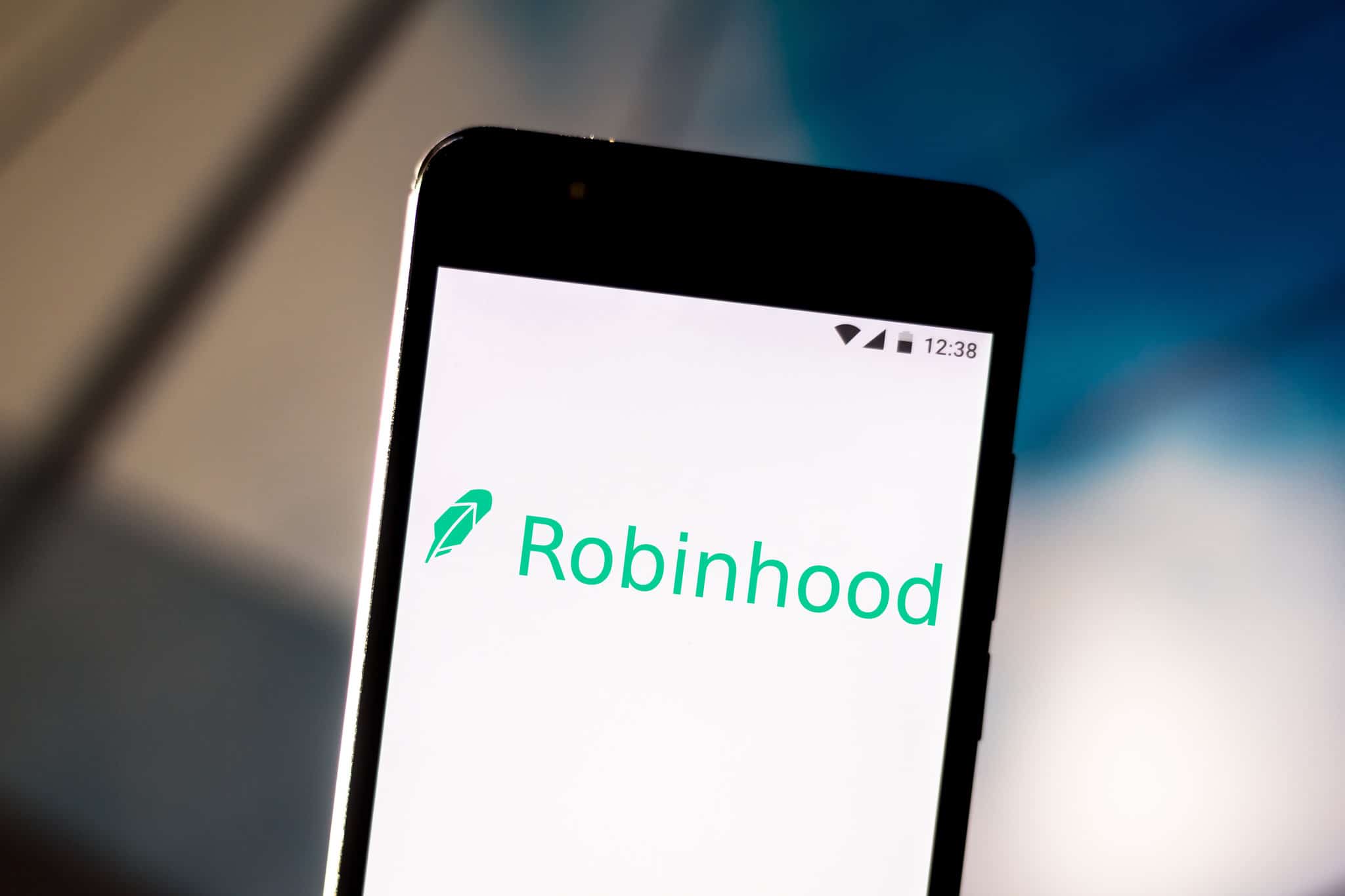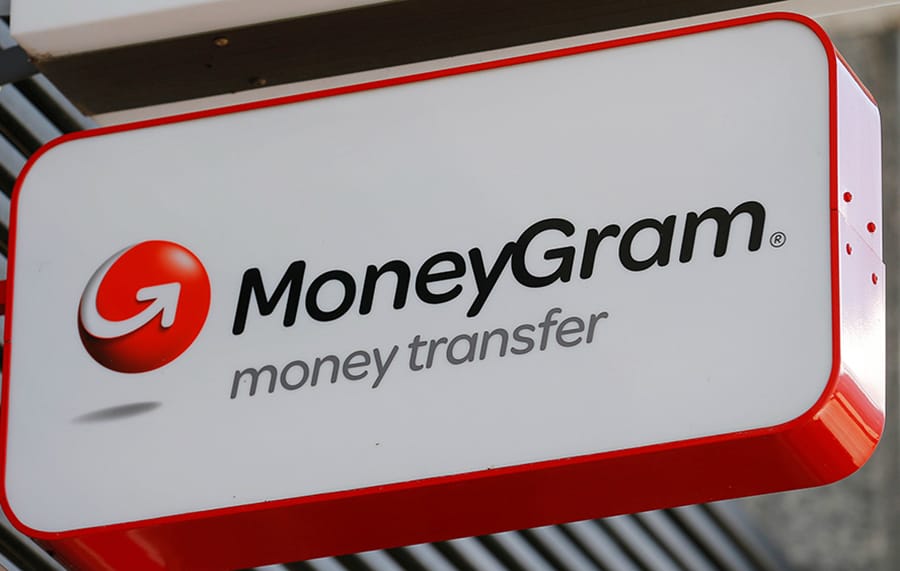Join Our Telegram channel to stay up to date on breaking news coverage
Robinhood, the popular stock trading app, has been under significant scrutiny this week following some of its marketing and technical practices. While the company still has a great deal to answer for, it has managed to ward off a case from the Securities and Exchange Commission (SEC).
False Advertising and Hidden Charges
Robinhood and the SEC have reached a $65 million settlement over misleading communication with its millennial clientele, per an official press release. The SEC had accused Robinhood of misleading statements and omissions concerning its fee structure, leading many unsuspecting traders to sign up for its service.
Most notably, the SEC took issue with Robinhood advertising itself as a commission-free trading service, while passing on inferior execution prices from market makers to their customers.
The agency pointed out that the company engaged in this activity primarily between 2015 and 2018. At that time, the company allegedly made $34.1 million from its customers.
“One of Robinhood’s primary selling points was that it did not charge its customers trading commissions. In reality, however, ‘commission-free’ trading at Robinhood came with a catch: Robinhood’s customers received inferior execution prices compared to what they would have received from Robinhood’s competitors,” the SEC’s statement clarified.
The SEC’s Exchange Act notably doesn’t prohibit companies like Robinhood from receiving payments for directing orders through principal trading firms. However, these firms also have a fiduciary responsibility to act in their customers’ best interests.
As the SEC alleged, Robinhood deliberately concealed these details from customers. By pitching itself as a commission-free platform, the California-based company could cover all hidden costs from customers. The company reportedly had a financial incentive to act this way, considering that order flow payments make up a significant chunk of its revenues, per the SEC.
Massachusetts Regulators Are Coming
Robinhood is facing a similar challenge from the enforcement arm of the Massachusetts Securities Division. The financial regulator told the Wall Street Journal on Wednesday that it would file a complaint against Robinhood over its deliberately misleading marketing tactics.
As the report explained, the regulators had found substantial proof that the company was deliberately targeting ill-experienced investors. These marketing materials were sub-standard, essentially opening the firm’s users to significant risks.
William Galvin, the secretary to the Commonwealth of Massachusetts, told CNBC that his office had taken issue with Robinhood “gamifying the idea of investing.” He added that these tactics showed Robinhood’s obsession with growth, with the firm having no qualms with endangering its users.
The suit from the Massachusetts regulators will also address some of Robinhood’s service outages, which have cost the company’s users dearly. Robinhood has notoriously suffered no less than three service outages in 2020. Robinhood Markets, one of the company’s subsidiaries, also suffered a hack that led to the exposure of over 2,000 customers’ contact details.
Join Our Telegram channel to stay up to date on breaking news coverage


